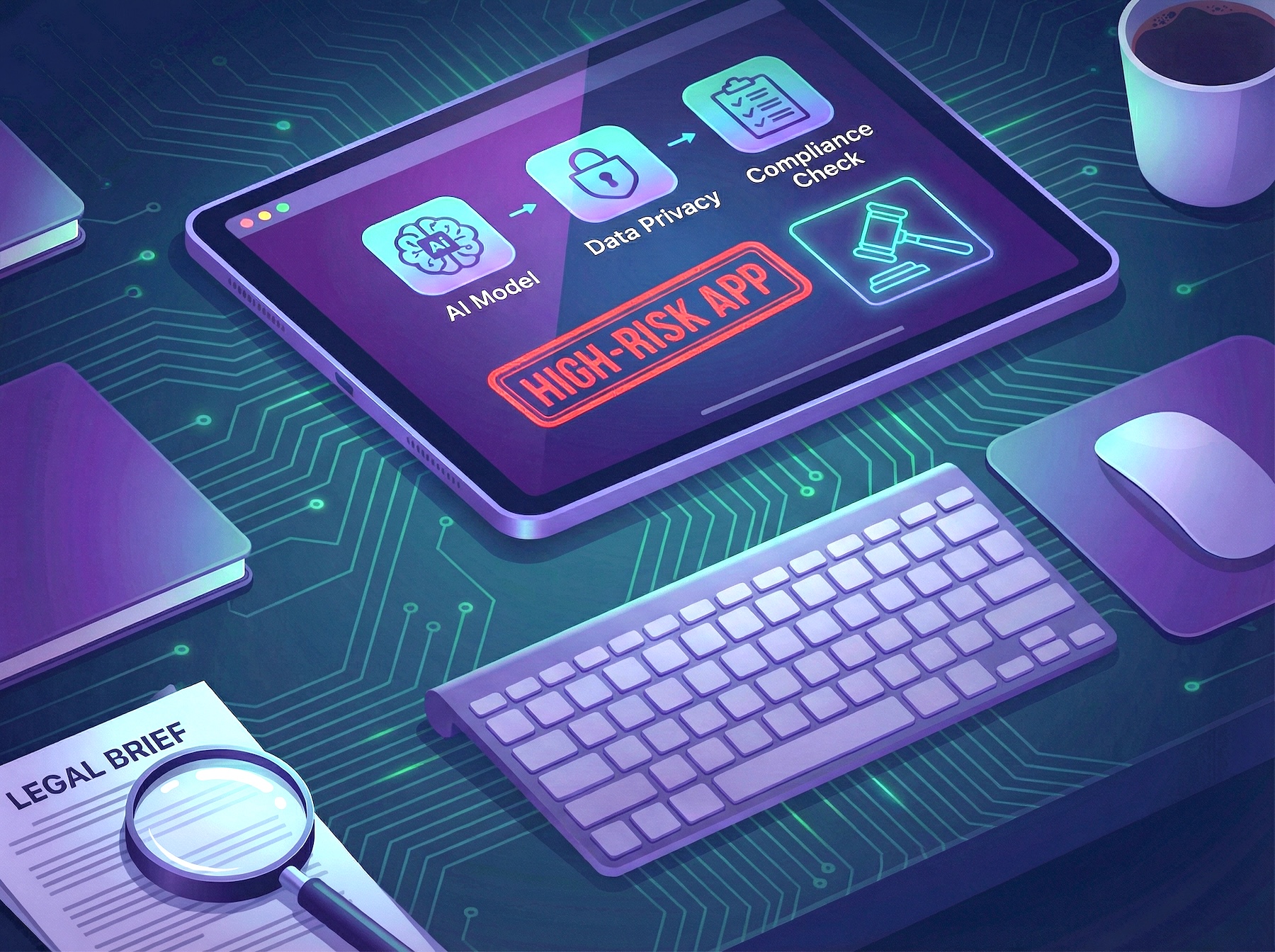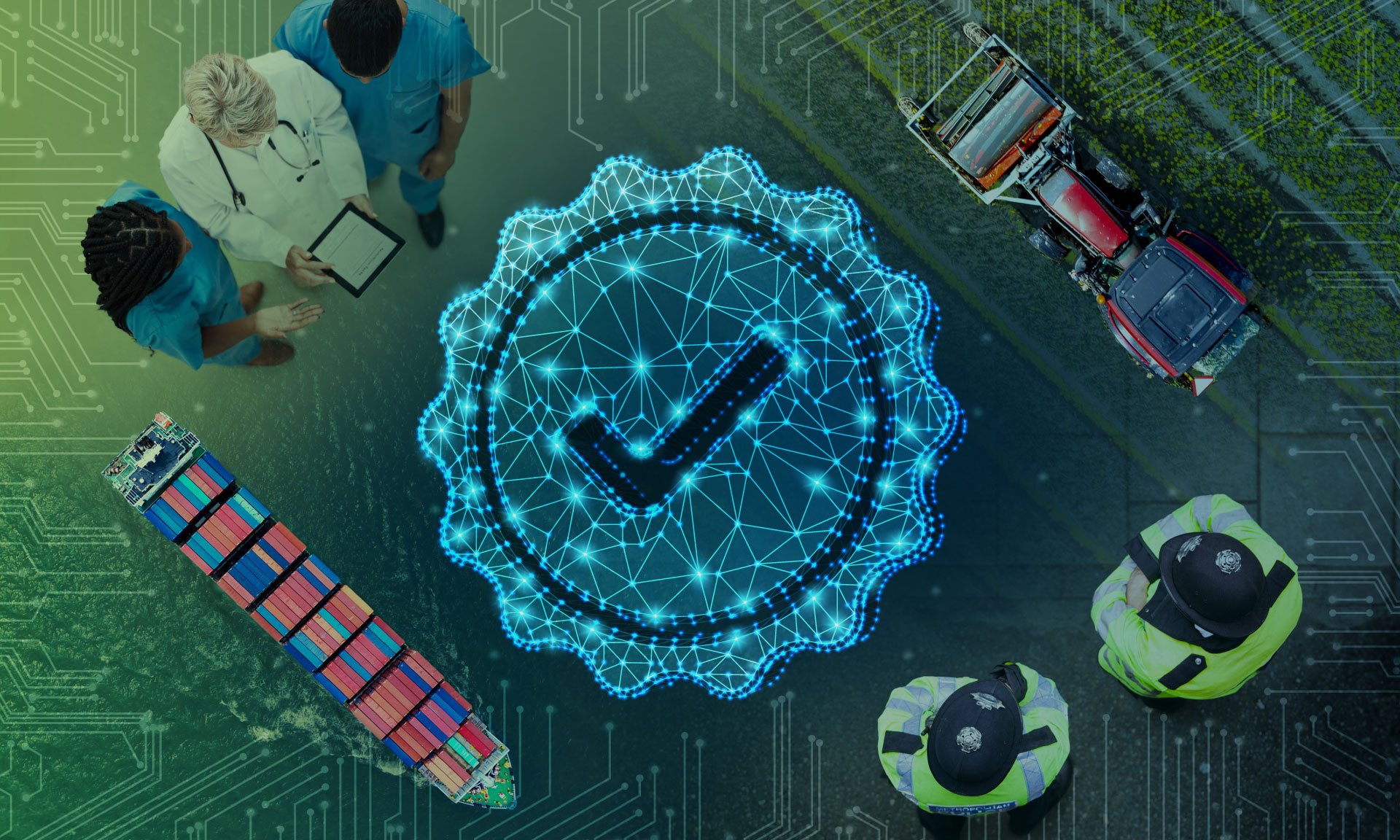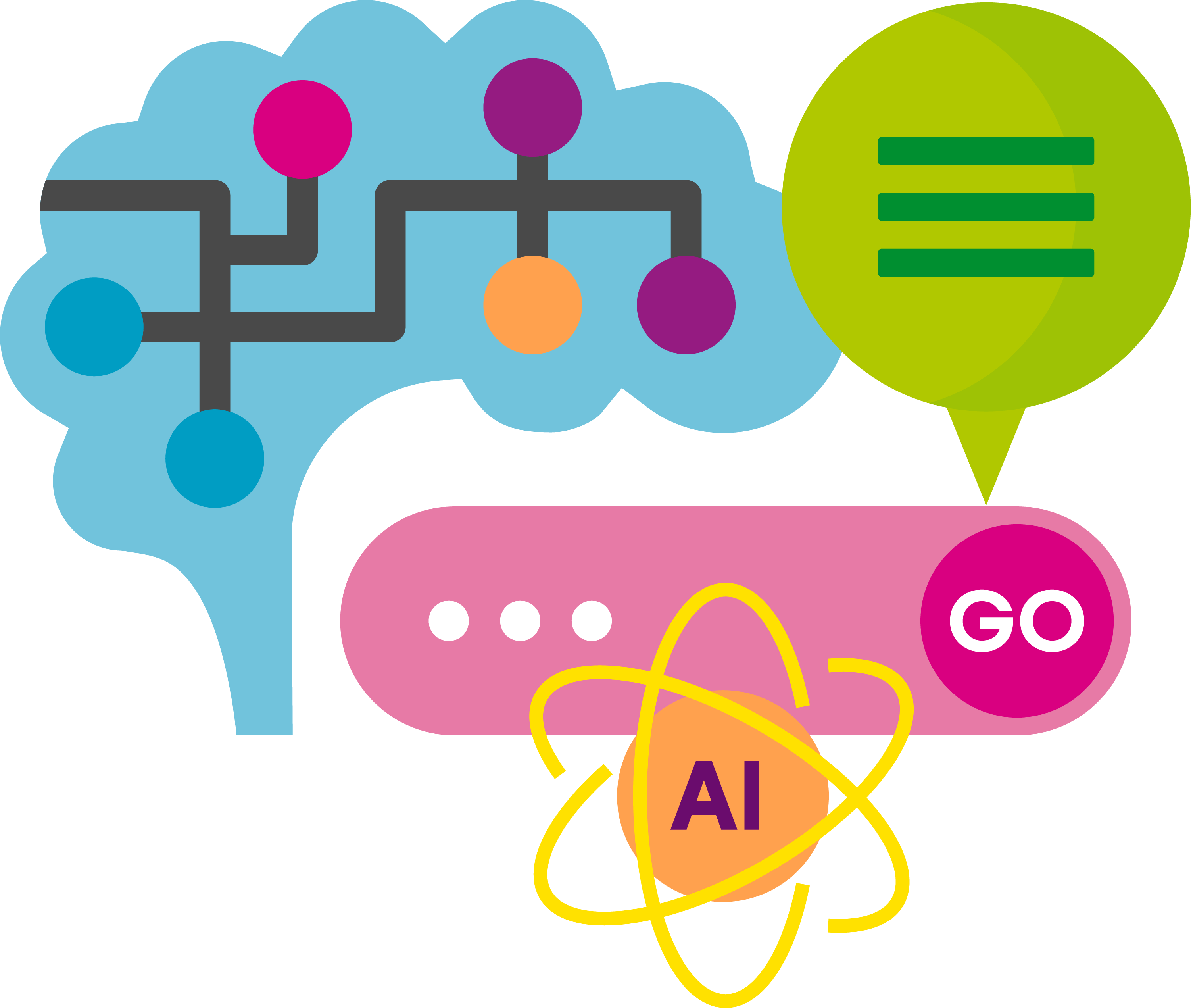Google’s driverless car may remain a prototype, but the FBI believes the “game changing” vehicle could revolutionise high-speed car chases within a matter of years. The report also warned that autonomous cars may be used as "lethal weapons".
In an unclassified but restricted report obtained by the Guardian under a public records request, the FBI predicts that autonomous cars “will have a high impact on transforming what both law enforcement and its adversaries can operationally do with a car.”
In a section called Multitasking, the report notes that “bad actors will be able to conduct tasks that require use of both hands or taking one’s eyes off the road which would be impossible today.”
One nightmare scenario could be suspects shooting at pursuers from getaway cars that are driving themselves.
Self-driving cars use lidar (laser ranging), radar, video cameras and GPS technology to build up a digital 3D map of their surroundings, including buildings, roads, pedestrians and other vehicles. The cars can then be programmed to navigate safely to a destination while avoiding obstacles and (usually) obeying the rules of the road.
The report, written by agents in the Strategic Issues Group within theFBI’s Directorate of Intelligence, says, “Autonomy … will make mobility more efficient, but will also open up greater possibilities for dual-use applications and ways for a car to be more of a potential lethal weapon that it is today.”
This presumably reflects fears that criminals might override safety features to ignore traffic lights and speed limits, or that terrorists might program explosive-packed cars to become self-driving bombs.
It directly contradicts the message that many developers of self-driving vehicles are trying to communicate: that these cars – immune from road rage, tiredness and carelessness – can be even safer than human operators.
Google says of its latest driverless vehicles: “They’ll be designed to operate safely and autonomously without requiring human intervention. Our software and sensors do all the work. The vehicles will be very basic but they will take you where you want to go at the push of a button.”
The FBI expects that fully autonomous vehicles will help to reduce the high number of accidents in which first responders are involved. “The risk that distraction or poor judgement leading to collision that stems from manual operation would be substantially reduced,” according to its report.
In the US, about 80 people die every year in crashes involving emergency vehicles, while London’s Metropolitan police cars have experienced as many as a dozen traffic accidents a day.
The report says that self-driving cars can "optimise" three-point turns and similar awkward manoeuvres that might otherwise delay responders pursuing a suspect or heading for a crime scene.
The FBI also claims that tailing suspects will be much simpler with the next generation of robot cars. “Surveillance will be made more effective and easier, with less of a chance that a patrol car will lose sight of a target vehicle,” says the report.
“In addition, algorithms can control the distance that the patrol car is behind the target to avoid detection or intentionally have a patrol car make opposite turns at intersections, yet successfully meet up at later points with the target.”
The FBI believes that autonomous cars could be approved by Congress for use by the American public within the next five to seven years.
Sounding one note of caution, however, it admits in the report that “autonomous cars would likely face many hardships with evasive driving or car chases.” Sensible words. Google’s current state-of-the-art vehicle is limited to just 25mph.
Source: Guardian









